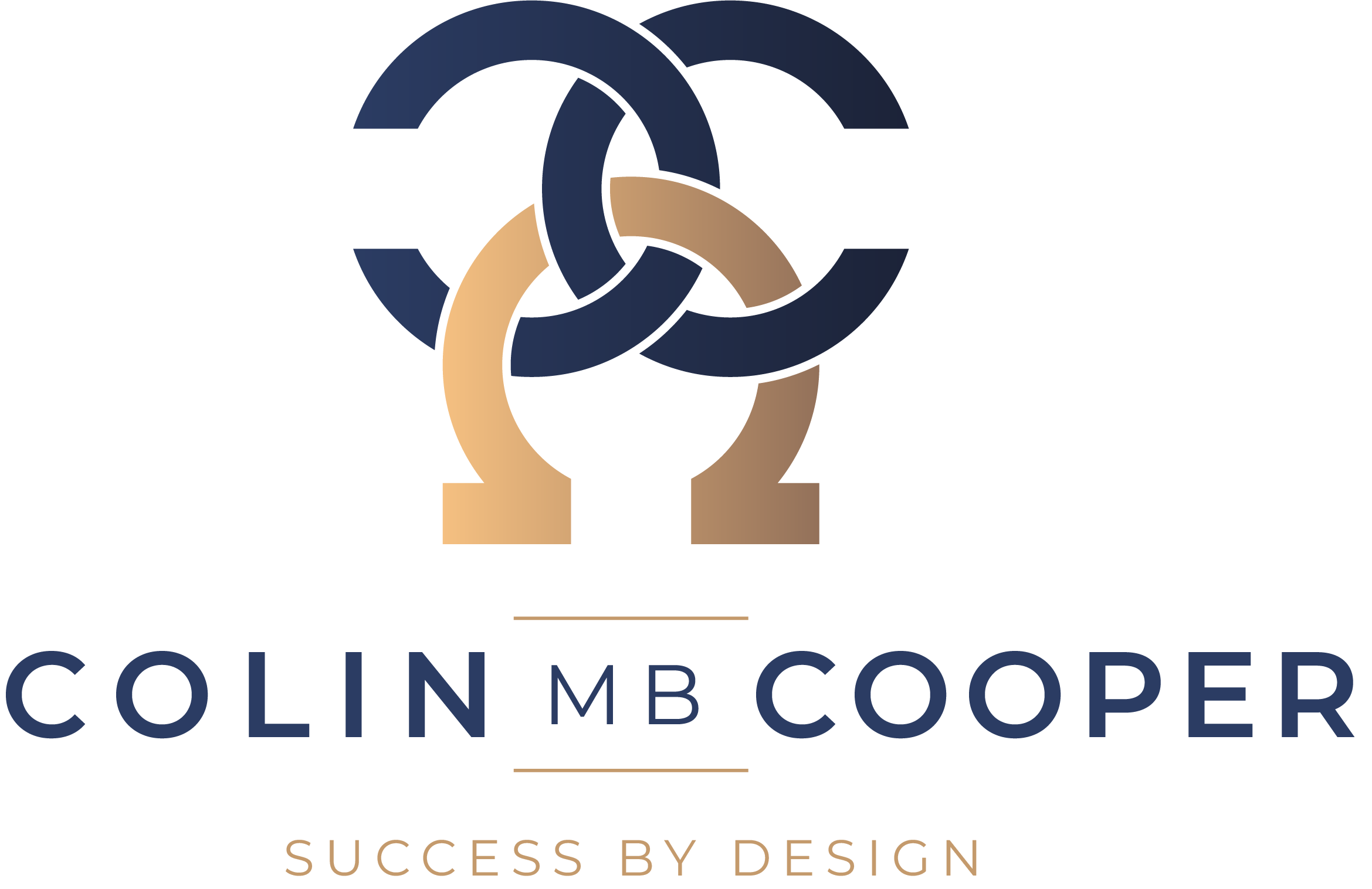The introduction of AI and automation into our lives has created a new wave of data-driven business growth. However, with this growth comes a responsibility to ensure that AI and automation are used ethically and transparently. We must be mindful of human needs and the ethics that are being impacted by the introduction of AI into all aspects of our lives. It’s essential to ensure that the development and use of AI are done responsibly so that it is used in a way that benefits society as a whole.
What Does Transparent AI Use Mean for Businesses?
As businesses increasingly turn to AI and automation to drive growth, there’s an increasing need for responsibility and transparency when implementing these technologies. AI is a powerful tool that can be used to analyse data and make decisions, but it’s important to remember that AI is only as good as the data it’s given. To ensure the responsible use of AI, businesses should be transparent about how they’re using it and ensure that the input data is accurate and unbiased. Additionally, businesses also need to be mindful of the ethical implications of AI and automation, such as potential job losses and the provision of adequate employee training and support. By taking these considerations into account, the potential for businesses to use AI and automation to propel growth is limitless.
Data-Driven Business Growth and Automation
As businesses increasingly turn to data-driven strategies for growth, incorporating AI has become more prevalent. This presents a unique opportunity to leverage data to its fullest potential but also carries with it the responsibility to use AI and automation ethically. The use of AI is crucial for businesses that are looking to best harness data-driven strategies, but due diligence is needed to ensure data-driven decisions are made with transparency and an understanding of the implications of their choices. This is part of the larger conversation tech and business leaders need to have.
Ethical Considerations of AI Implementation
AI can potentially improve operations and create new opportunities, but the responsible use of AI comes with a set of ethical considerations. This includes considering the impact of AI on society, such as the potential for bias in data and algorithms. AI should be developed and used with the intent of improving the lives of people, not just for the purpose of corporate growth and profiteering.
Because understanding technology and data is key to using AI systems successfully, businesses need to consider how data is collected, stored, and utilised when implementing AI. By increasing transparency around these processes, companies can build trust with customers by showing that their data is used ethically and responsibly. Establishing governance is important to maintain compliance with industry regulations like GDPR or CCPA, and the development of ethical guidelines for AI will help protect users’ data privacy while avoiding potential misuse or abuse of power by those controlling the system’s operation.
The Need for Trust and Transparency in the Age of AI
Failing to build trust when adopting AI can have real consequences; without accountability, these technologies can cause irreparable harm to businesses and individuals. Transparency and communication are crucial components of building confidence within automated systems. Companies must be clear about how their AI works and what data it uses for decision-making to instil faith in users. Developers should also educate users on AI-powered systems’ capabilities and limitations to foster a better understanding of how they work to ensure realistic expectations of the generated output.
Regularly monitoring and assessing automated systems for bias or errors is critical for maintaining trust. An open dialogue between all parties involved, including developers, decision-makers, companies, and customers, can ensure an understanding of how technology-powered solutions reach decisions. Creating a code of conduct for working with AI systems can also improve relationships between humans and machines and lead to success in this new era.
Organisations must ensure the data they use to power AI applications is reliable, accurate, and collected ethically. This is especially true when dealing with sensitive medical and financial data. Furthermore, organisations must be transparent about their use of AI systems, explaining how decisions are made and how data is used. This is the only way to ensure that AI applications are ethical and that they are held accountable to the same standards as human decision-making.
The Role of Human-Centered Design in AI Development
The development of AI and automation is a powerful tool for businesses to drive growth, but ensuring that this growth is done responsibly and ethically is critical. Human-centred design is key to this responsibility. It focuses on the user and their needs in order to create AI solutions that are not only effective and ethical but serve to make the world a better place.
As the world continues to move further into the digital age, Artificial Intelligence (AI) is becoming an increasingly important part of our lives. AI has the potential to revolutionise the way businesses operate and serve their clients; however, it’s essential to remember that responsible use is key to unlocking its full potential.



